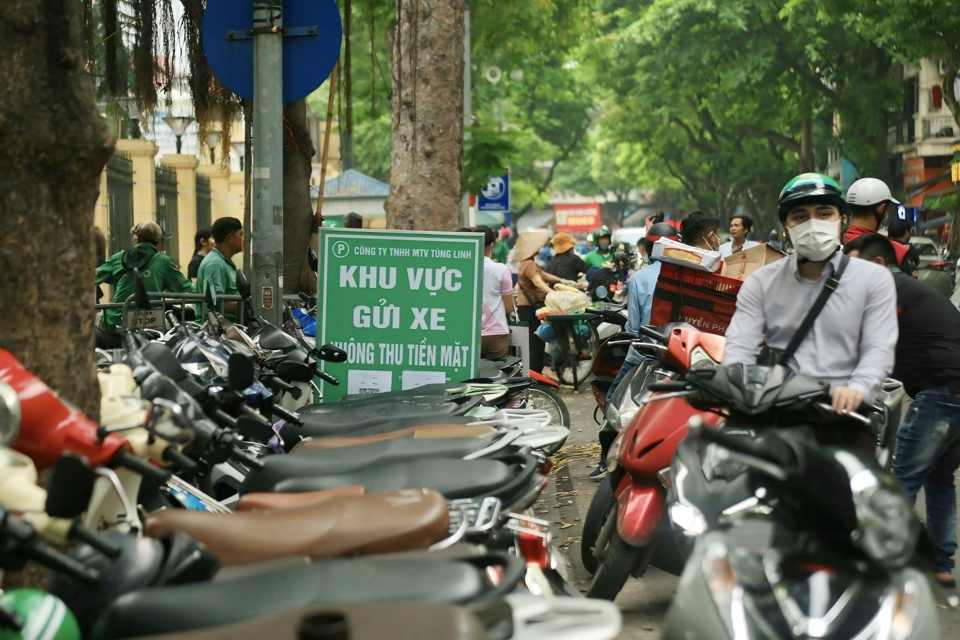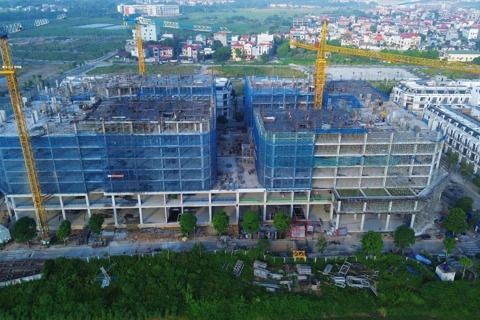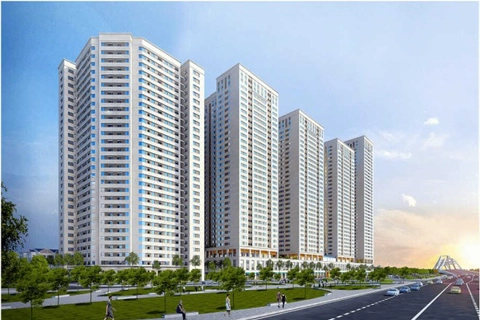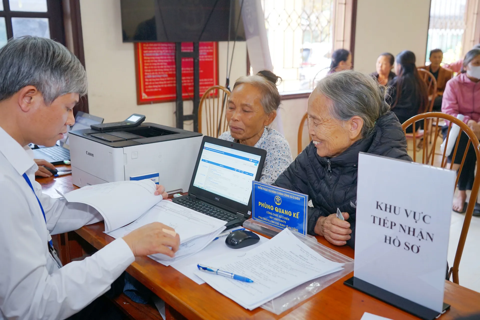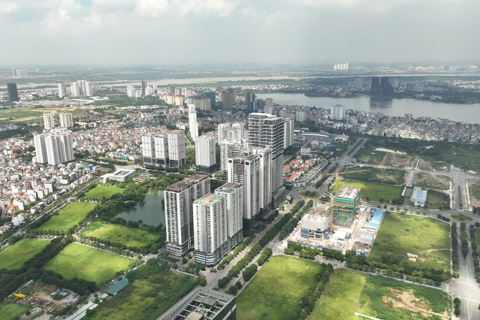Hanoi Hanoi to extend cashless parking pilot until June 30
An additional 191 streets and roads in Hanoi were temporarily approved for parking at the end of last year.
Hanoi will extend its pilot program for citywide cashless parking services until June 30, 2025, as part of a broader plan to apply technology solutions for finding and paying for parking, according to a new directive from the city's People's Committee.
| A parking lot in Hanoi where cashless payment is being tested. Photo: The Hanoi Times |
In the second phase of this program, an intelligent transportation system with a minimum cash transaction will be installed to increase transparency in the collection of parking fees.
The city will temporarily charge the use of sidewalks and roadways for vehicle parking until further notice.
The Department of Transport will review and advise the city on issuing temporary permits to use roadways and sidewalks for parking. In addition, it will oversee inspections and address parking violations.
Local authorities will license or renew parking permits for compliant businesses while taking action within their jurisdiction against those who violate parking regulations.
On April 15, Hanoi launched a four-month cashless parking pilot program. About 99 car parks in the city have adopted this cashless payment solution.
The distribution of these car parks is as follows: Hoan Kiem (49 spots), Cau Giay (11 spots), Nam Tu Liem (10 spots), Dong Da (nine spots), Tay Ho (eight spots), Hai Ba Trung (six spots), Bac Tu Liem (four spots) and Ba Dinh (two spots).
The city's Department of Transpory reported a significant shortage of parking spaces in the city. Hanoi has opened 72 public car parks, but this is far short of the planned total of 1,620. At present, car parks account for only 0.5% of the city's traffic land, compared to the required 30%.
At the end of last year, the city added 191 roads and streets to the list of those allowed to temporarily use part of the roadway to park vehicles.

